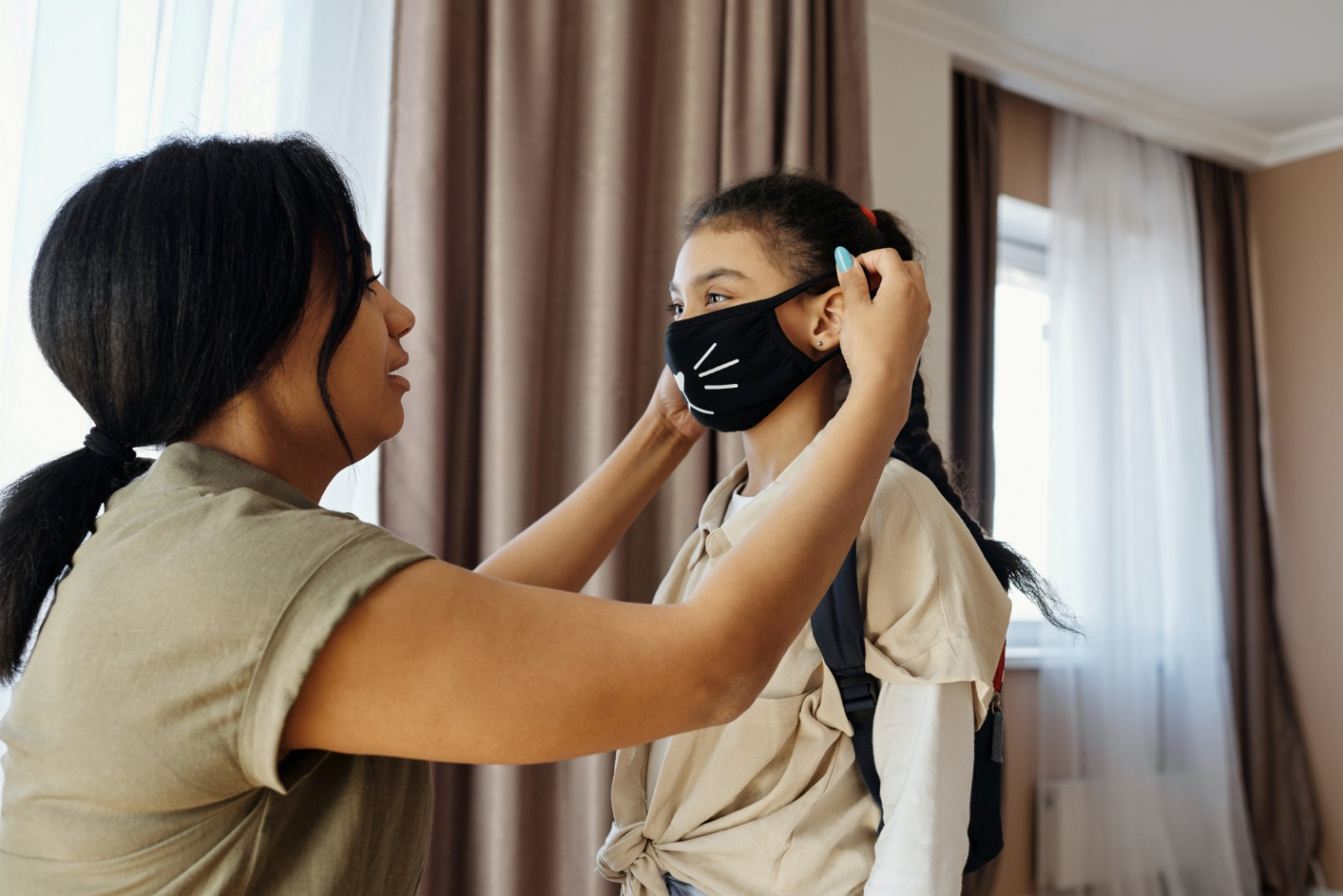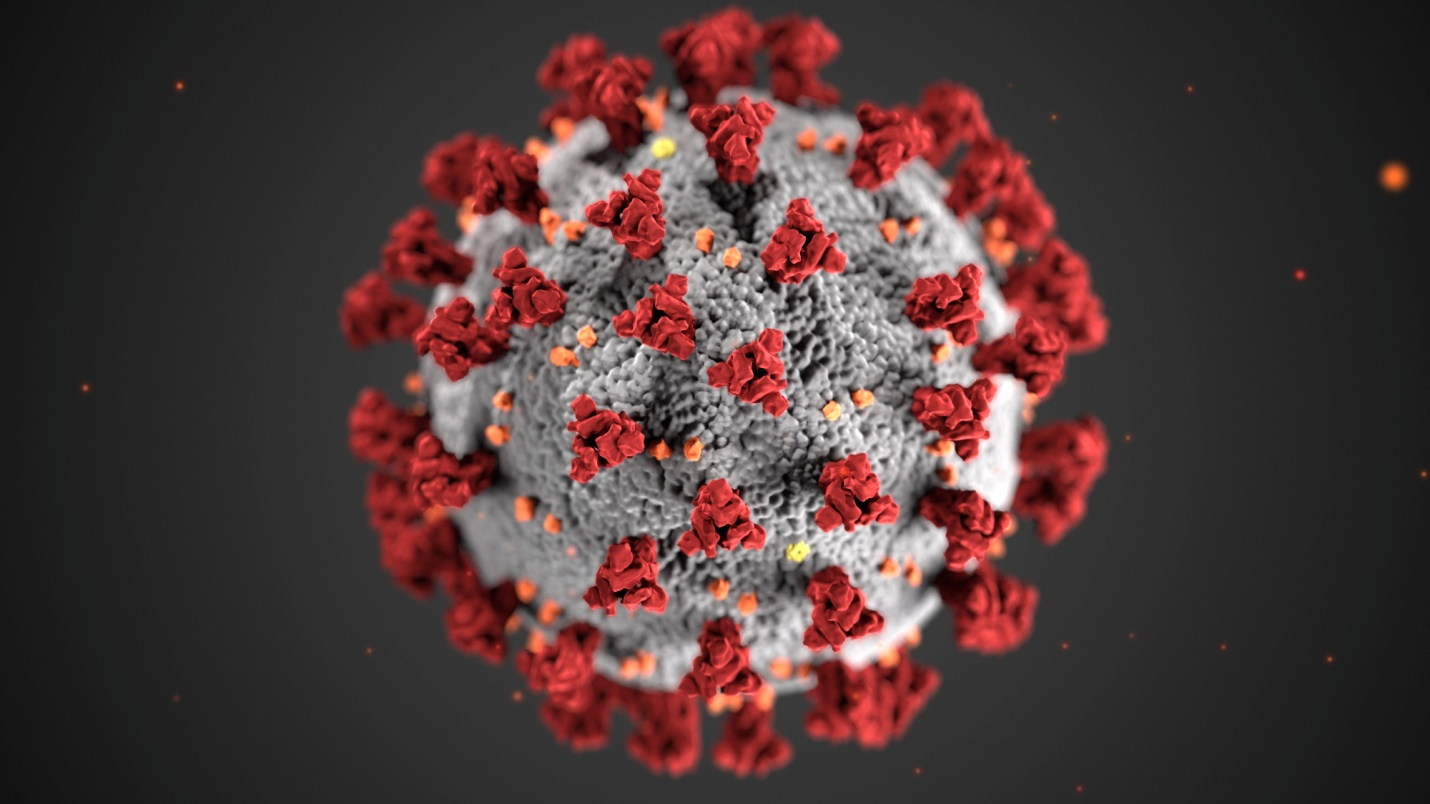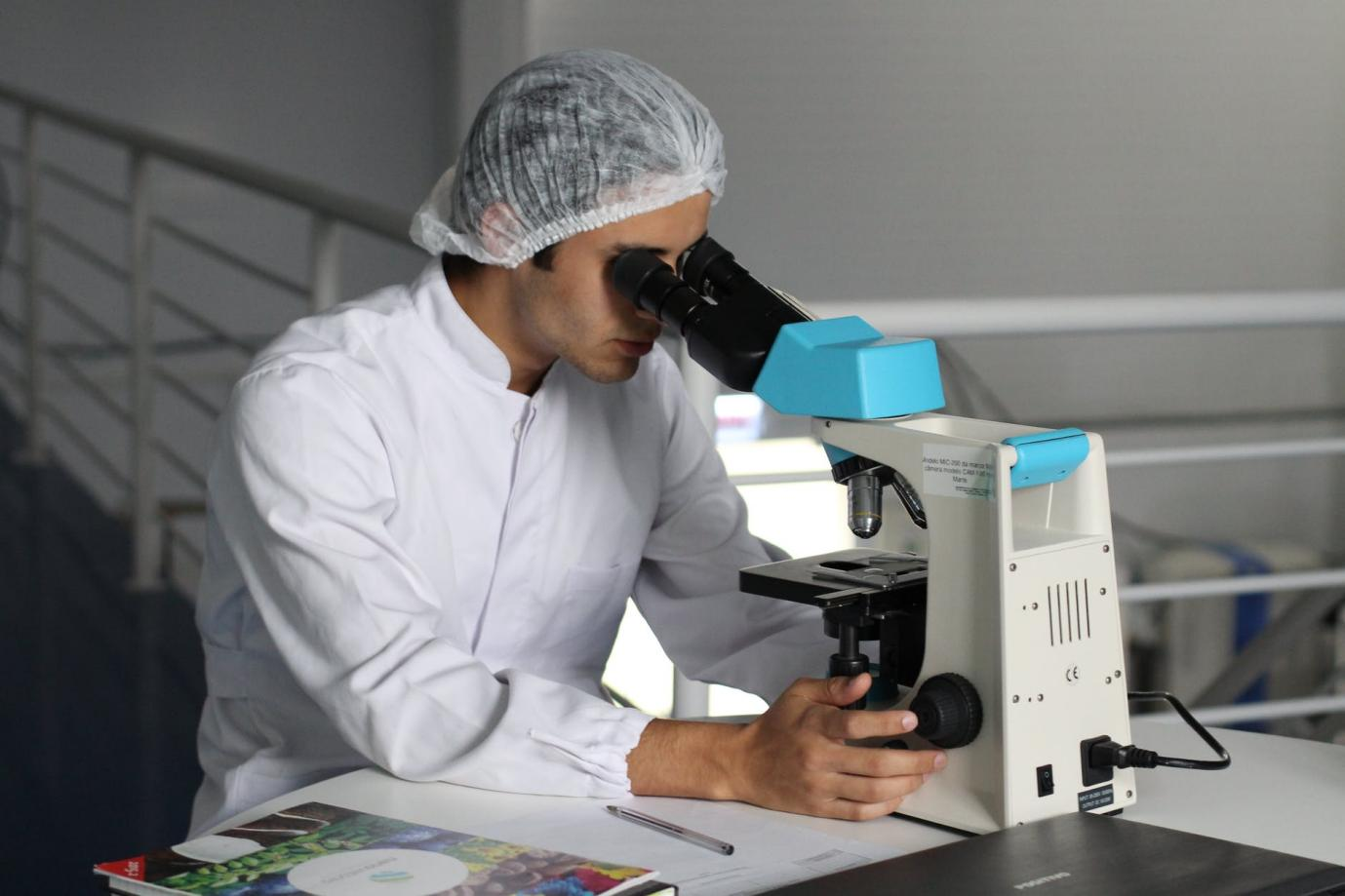Variants of COVID-19: Evolution, Risks, and Vaccines

COVID-19 flipped daily life globally for over two years as the deadly virus spreading the disease caused surges in infections worldwide. The cases of COVID-19 have been more in control than they were in late 2019 and early 2020.
However, COVID-19 remains a threat as there have been 89,428,046 confirmed cases with over 1,017,366 deaths as of 21st July 2022. Omicron has proven to be less severe than the earlier variants. However, the sheer volume of cases has surged hospitalization in the United States.
Experts believe that the Omicron variant hit the United States harder than any other country and the need for hospitalization for Omicron patients fueled up due to two primary reasons;
- Omicron patients were not vaccinated.
- History of underlying chronic health conditions.
Now that it has been over two years since COVID-19 was declared a pandemic, here's what we know about the coronavirus; its causes, symptoms, variants, and vaccines.
How Does COVID-19 Spread?
The virus can be spread in three ways;
- Breathing in the air near an infected person who has exhaled small particles containing the virus.
- You can also catch the virus if these small particles or droplets land on your nose, eyes, or mouth.
- Lastly, by touching the nose, eyes, or mouth with hands that have the virus on them.
According to the CDC, you can even catch the virus by touching the surfaces exposed to small droplets and interacting with people infected with COVID-19. It is most commonly spread from person to person; the more you interact with people infected with the virus, the higher your risk of catching COVID-19.
Who Are at Risk?
Although anyone can catch the virus, some people are more at risk and may need hospitalization in severe cases such as:
2.People with chronic medical conditions experience severe complications; these conditions include
- All types of cancer
- Kidney disease
- Lung diseases
- Type 1 and 2 diabetes
- Cardiovascular diseases
- Mental health problems such as anxiety, depression
- Liver diseases
- Obesity
- Pregnancy
- HIV
- Smoking
- Tuberculosis

How Do I Know if I Have COVID-19?
COVID-19 has signs and symptoms that can be mistaken for other infections with the same symptoms. So, to ensure whether you have COVID-19, getting a test is crucial. Three types of tests can be done to diagnose COVID-19.
- NAAT: Also known as Nucleic Acid Amplification Test, it is quite effective in diagnosing an active COVID-19 infection. The method involves nasal swabs, nasopharyngeal swabs, and saliva tests.
- Antigen Test: These tests aren't as reliable as NAATs, and use nasal swabs to procure results. When a person has an active infection, their doctor might recommend getting this test.
- Serology: This test is for people who have been showing symptoms of COVID for at least three weeks or have contracted this infection at least once. It measures antibodies against the SARS-CoV-2 particles.
What Are the Variants?
The coronavirus continues to change with time. Since 2020, we've seen more contagious variants that may cause severe illnesses. The prominent variants include Alpha, Beta, Delta, and Omicron.
- The alpha variant was first identified in Great Britain. It is 40-83% more contagious and almost 35% more deadly than the original coronavirus. It has no major impact on vaccine effectiveness.
- The beta variant is the second variant that emerged in South Africa. Though highly contagious, it has no risk of death or severity compared to other variants. Moreover, vaccine efficacy is said to be compromised with the beta variant compared to the Alpha one.
- The lambda variant was first identified in Peru. It has not yet outcompeted any of the other more dominant variants.
- The delta variant first spread in India. It was predominant in the United States, associated with almost a 5.8-fold decrease in neutralizing antibody titers than with other primary variants. It is more common in unvaccinated people (73%) than in vaccinated people (3.7%). Moreover, it is associated with greater risks of hospitalization.
- There has a lot to learn about the new variant Omicron. The first case of Omicron, specifically (BA.1) strain, was identified in South Africa and Botswana in November 2021. In no time, the cases begin to appear in multiple countries with more severe complications. Though it's not deadly as other variants, it affects unvaccinated people the most.

What Does "Long-COVID" Mean?
Do you know someone who had COVID-19 in the past but still hasn't recovered completely? They might have long COVID, in which a person bears the side effects of the infection for a long time. It could be the loss of smell, taste, or any other COVID-19-related symptom that lingers even after a couple of months post-infection.
Since pustules are usually caused by bacteria entering your clogged pores, they contain pus.
Around 1 in 5 adults and children who had mild symptoms when they first caught the virus experience long COVID, in which they experience symptoms for weeks, months, or even years.
Get Vaccinated
There are over 100 vaccines in different stages of development. But two of them (Pfizer-BioNTech and Moderna) are declared safe to use and effective by the FDA (Food and Drug Administration) for both adults and children aged six months or over.
Consult a Virtual Doctor at TelMDCare
If you're looking for more information regarding COVID-19 or looking for a doctor for COVID, contact virtual doctors at TelMDCare. They can answer all your COVID-19-related questions in detail.
If neglected, cystic acne can leave scars on the face.
Book your appointment today.